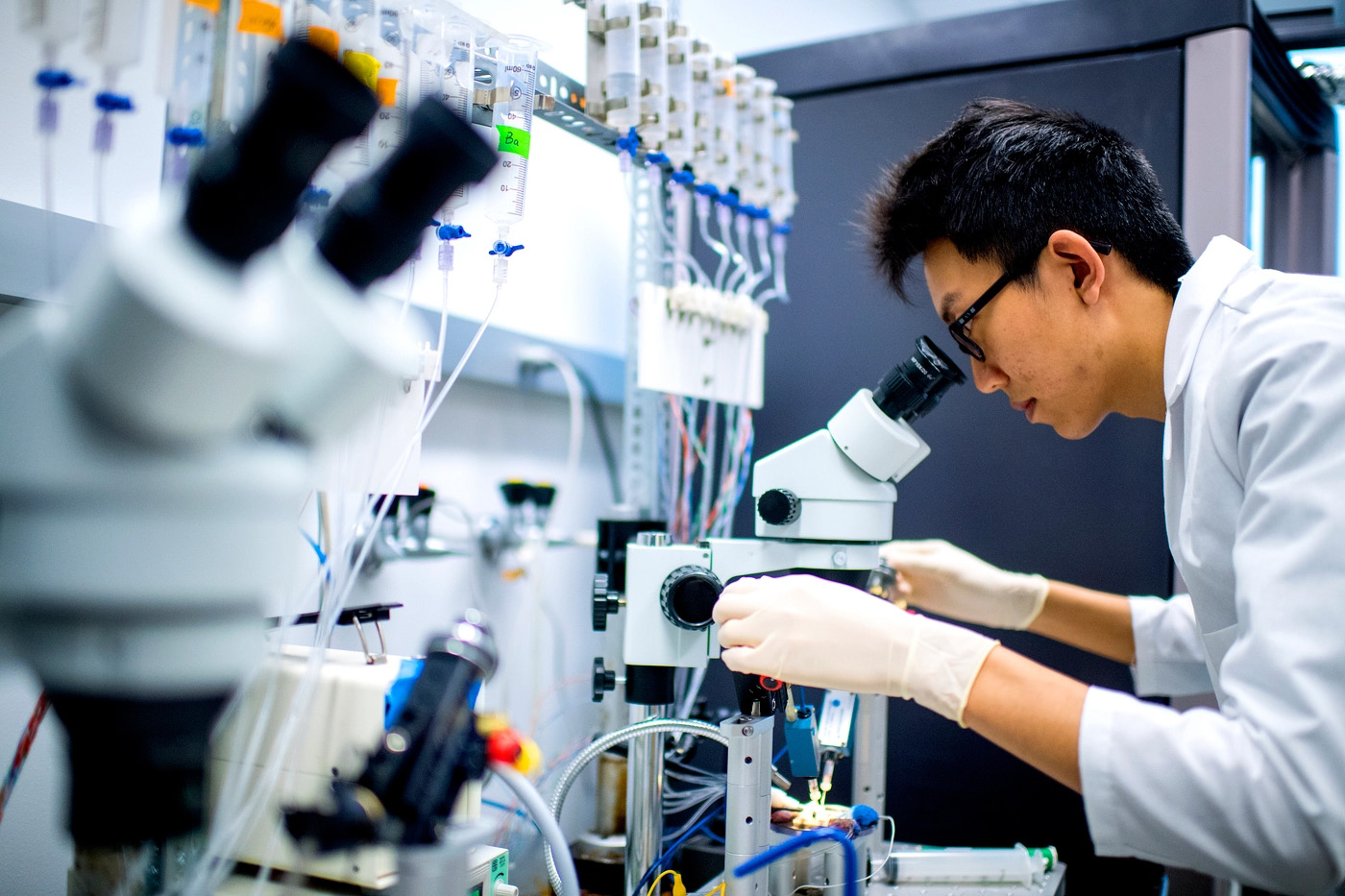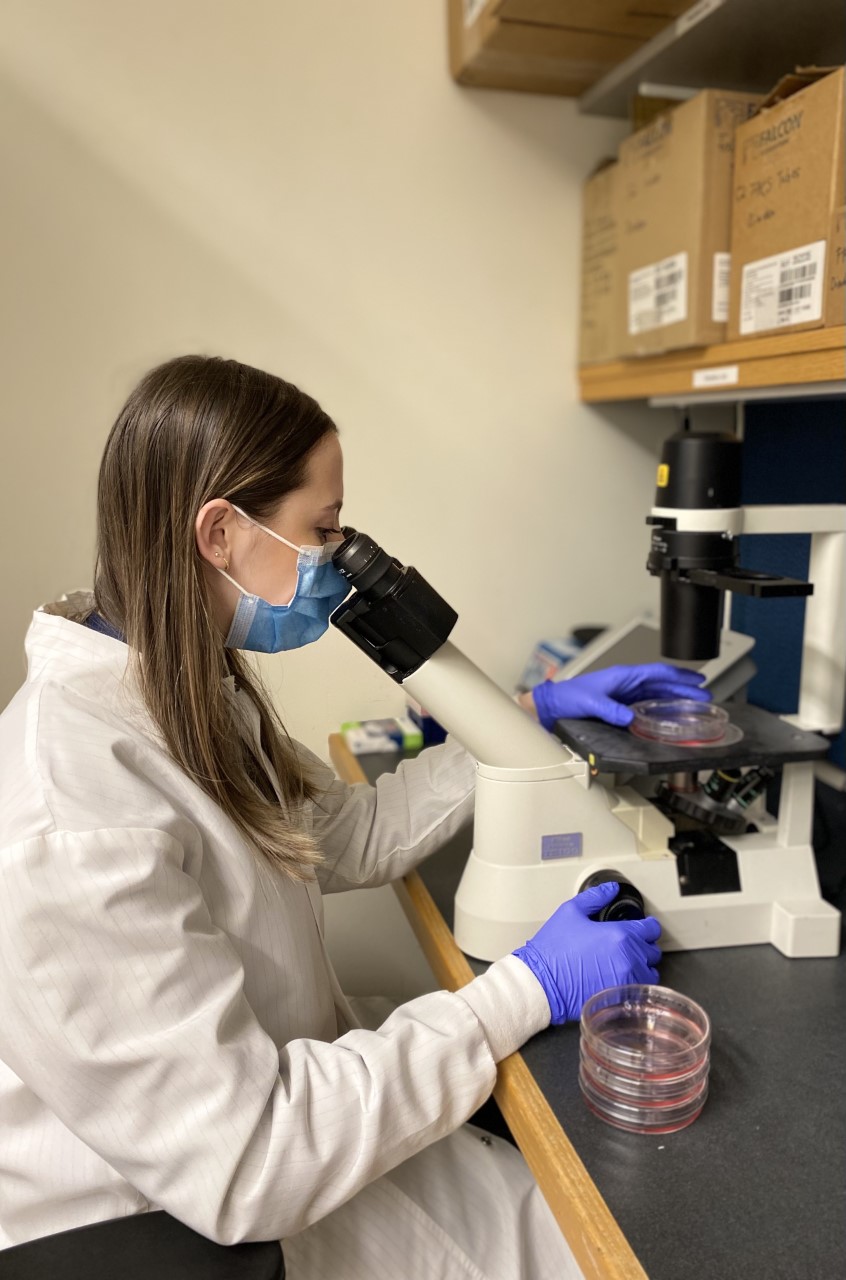
Undergraduate Degree Programs
Our undergraduate programs in the physical sciences, life sciences, and mathematics are designed to prepare graduates for their next step—be it further education or participation in the global workforce.
Students in any major can apply to medical school or other professional health programs and receive special guidance from our PreMed and PreHealth Advising Program.
Combined Majors
Combined majors at Northeastern are unique, blended programs designed to allow you to explore multiple fields, all within one, integrated academic plan. A combined major comprises at least nine courses from two single majors, plus one or more integrative “bridge” courses.
Check our the more than 120 combined majors offered.
PreMed & PreHealth
Approximately 75% of Northeastern’s PreMed and PreHealth track students are College of Science majors. Learn more about our successful and growing program.
Learn More




